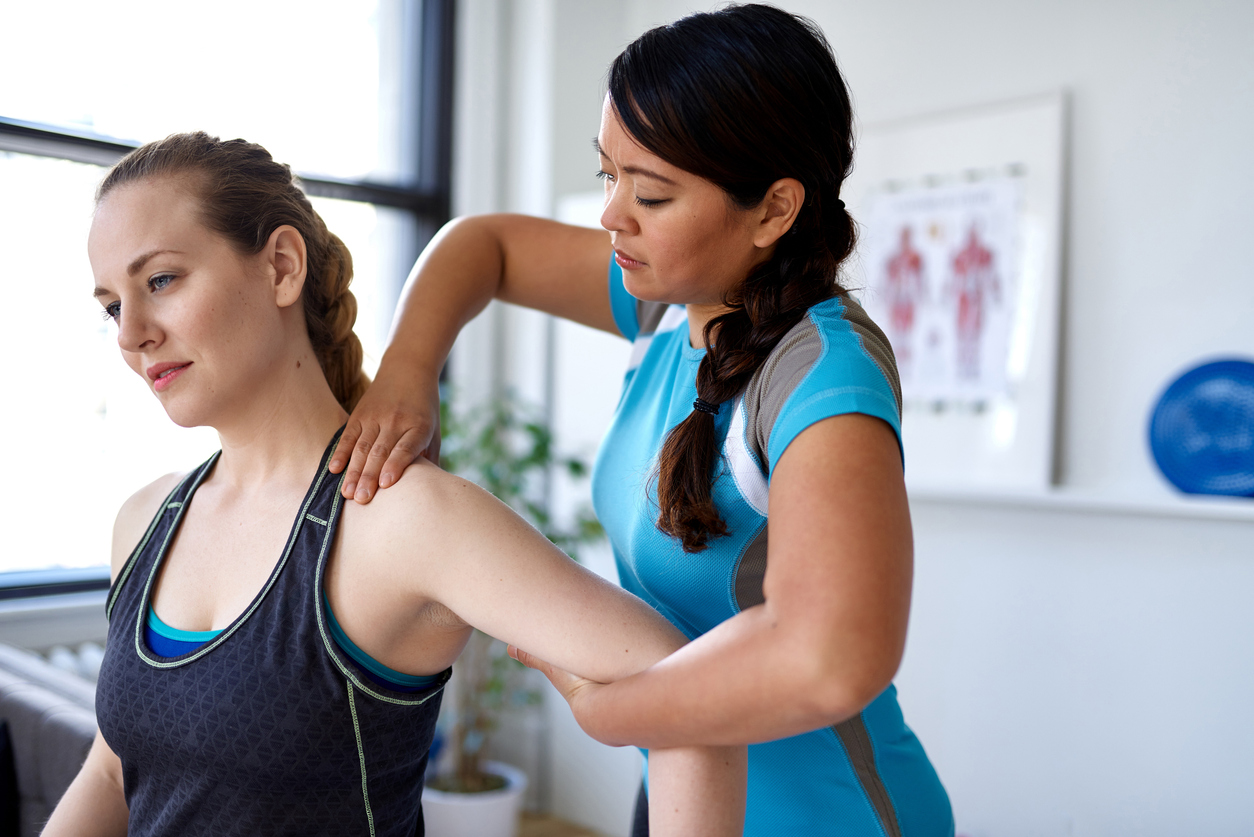
Not known to all, there is a field of medicine known as sports physical. This field concerns itself with tests that check out the fitness of a person to participate in a given sports. The technical name of these tests is pre-participation physical examination, abbreviated as PPE.
These assessments are also necessary for folks who desire to commence new workout routines. Talking to a professional before engaging in physical exercises or any sports is not only advisable, but imperative.
Getting a health evaluation is required in many places for student athletes to participate in school-sanctioned sports. Outside the school environment, other athletes involved in regular sports are also required to take and pass a physical examination as mentioned here.
While adults may not be mandated to procure a test as children are, it is always advised they do. In view of the fact that a lot of people do not go for any such medical evaluation, sports physical becomes an opportunity to undergo a medical test.
Assessment Concerns
The tests run through four stages which include checking of your vitals such as pulse, weight, blood pressure, height, etc. Measurement of height and weight are necessary considering that growing children adding in height or weight could mean extra pressure on muscles, joints and bones. Another stage would include an eye examination, as the eyes play very vital role in any sports.
Another stage of the tests would cover medical history which would include recent illnesses, chronic conditions like asthma, and surgeries. This medical history examination, alongside the last stage which checks for physical fitness, will reveal if there are areas requiring further examination.
So, in all, the test would look out for the following:
- History of illness/diseases in the family
- Illnesses present at a younger age
- Present illnesses such as diabetes, ulcers or asthma
- Previous surgeries or hospitalizations
- Allergies
- Past injuries to the bone, or sprains and concussions
- Issues of chest pain, difficulty in breathing while engaged in exercises, dizziness or fainting spells
- Current medications of every type
- Heart rhythm and rate
- Condition of the lungs, heart, abdomen, nose, ears and throat
- Evaluation of joints, posture, flexibility and strength
- Usage of alcohol and/or performance enhancers like steroids
The result of this enquiry would have the healthcare provider that conducted the test to certify you as okay or recommend further tests.
Play Safe to Stay Safe
If you are still wondering why you need these tests, see it from this light [also check out this article https://www.ncbi.nlm.nih.gov/books/NBK556111/]. The examination could help you discover and deal with what would have made your participation in a particular sport impossible. An asthma patient, for instance, might have his doctor recommend other types of inhalers or recommend a different dose that would enable involvement without problems.
The result of the examination could see your healthcare provider suggesting training tips or methods that could help you avoid injuries. Risk factors specific to certain sports could also be identified, and advice given on how to safely participate.
Always make sure that a professional healthcare provider oversees your test. Your doctor is likely the best bet for this, considering that he knows your health state more than anyone else. If you are getting engaged in school sports, it is most likely that your school would have a test center.
School centers usually have several stations set up and staffed with medical professionals to handle the different aspects of the test. Give yourself about 6 weeks to commencement of your games season, so that you have ample time for follow up assessment if need be.
Stay Safe with Regular Checks
You may be aware that these are not one-off tests. You will likely be needing one after recovering from any major injury or illness. If for any reason you stay off vigorous physical activity for a length of time, it is always recommended to carry out an assessment of your fitness before making a comeback.
New health needs, like new medications that may come from changes in lifestyle, will also require a healthcare professional evaluating you. You will need to know test centers with cheap Sports Physicals considering the repeating need for this assessment.
In Conclusion
Your sports physical should not be a replacement of your regular medical checkup. It is focused on fitness to participate in a given sports, whereas a complete checkup is an entire evaluation of your whole body. For children, their schools will also require this complete check in order to include things like vaccination records in their own records.
